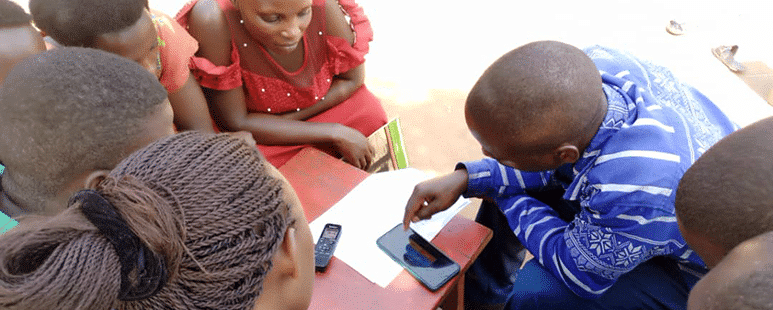The African Institute for Economic Development and Planning (IDEP) has organised face-to-face training on gender-responsive economic policy management within the context of the post-COVID-19 recovery in Dakar.
The Economic Commission for Africa (ECA) said this in a statement on its website.
It said the training was held in collaboration with the United Nations Development Programme Regional Service Centre for Africa (UNDP-RSCA), and the financial support of the Government of Canada.
According to the statement, 23 participants of which 10 women from all the five sub regions of the continent attended the training.
It said the face-to-face training was a follow-up to an online training that took place from Jan. 23 to Feb. 17 and attended by 318 participants.
The statement said the participants were trained in critical policy issues such as gender and macroeconomics, gender responsive analysis, gender and trade, gender and gender budgeting.
It said the course was designed in the framework of the Gender and Economic Policy Management Initiative (GEPMI).
It was also inaugurated by UNDP in 2010 in cooperation with IDEP and other international organisations.
“The training is anchored on the appreciation of evidence that investing in gender equality, such as increasing women’s access to health care, employment and credit, can accelerate economic growth and reduce poverty.
“And that persistent gender inequality reduces prospects for economic growth.
Yet, attention to gender equality is still lacking in economic policy formulation and implementation.
“The lack of attention to gender equality is usually associated with the absence of critical competencies to design, implement and monitor gender-responsive policy,’’ it stated.
It said the modules were revised by UNDP and IDEP to reflect the current development challenges and to integrate the SDGs and the African Continental Free Trade Area (AfCFTA).
The statement said it was also meant to integrate the African Union Agenda 2063, COVID-19, the care economy, and priority issues identified by Regional Economic Communities (RECs).
“The current GEPMI training thus aims to strengthen the capacity of RECs and their respective Member States on how to integrate gender in economic policies and national development plans.
This will “facilitate the creation of an enabling environment for inclusive economic development,” it said.
The IDEP Director, Karima Soltane, underlined that multiple crises and COVID differently impacted women, men and young people.
Soltane reiterated the importance of doing an analysis of the situation, to develop appropriate gender related policies for the achievement of the Sustainable Development Goals (SDGs).
The Regional Coordinator of the UNDP Sub-Regional Office for West and Central Africa, Njoya Tikum, also reiterated the importance of gender sensitive economic policies.
“Well-designed macroeconomic, structural, and financial policies can support efficient and inclusive outcomes and equitably benefit women, girls, and society in general.
“As the world is intensifying COVID-19 recovery efforts, the focus must be on designing gender-sensitive policies and strategies.
“ To catalyse faster recovery from recent shocks and a strong engine of growth for more resilient, sustainable, and inclusive economies,” he said.
According to Tsitsi Fungurani, representative of the Government of Canada, the couny strongly believes in the importance of the international community working collaboratively to design and implement gender-responsive solutions.
He said he believed in solutions that addressed the far-reaching gendered impacts of the pandemic and to ensure the alignment of countries’ policies in support of a strong, resilient, inclusive, and green recovery.
The 23 trainees received a certification of completion and were encouraged to create and actively participate in a platform for peer learning and knowledge sharing among policymakers on key gender related emerging issues.








